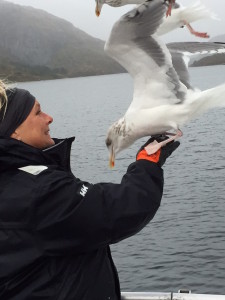[“After Supper at Family Camp,” Frost Valley YMCA, 2013]
This is a mull/discern week; whatever it is I might be led to write isn’t fully formed as yet. Instead, I offer this amazing poem which arrived in my InBox a few weeks ago when I’d participated in a poetry chain letter.
Mr. Pate’s Barbershop
By Major Jackson
I remember the room in which he held
a blade to my neck & scraped the dark
hairs foresting a jawline: stacks of Ebonys
& Jets, clippings of black boxers —
Joe Frazier, Jimmy Young, Jack Johnson —
the color television bolted to
a ceiling like the one I watched all night
in a waiting room at St. Joseph’s
while my cousin recovered from gunshots.
I remember the old Coke machine, a water
fountain by the door, how I drank
the summer of ’88 over & over from a paper
cone cup & still could not quench my thirst,
for this was the year funeral homes boomed,
the year Mr. Pate swept his own shop
for he had lost his best little helper Squeaky
to cross fire. He suffered like most barbers
suffered, quietly, his clippers humming so loud
he forgot Ali’s lightning left jab, his love
for angles, for carpentry, for baseball. He forgot
everything & would never be the same.
I remember the way the blade gleamed
fierce in the fading light of dusk & a reflection
of myself panned inside the razor’s edge
wondering if I could lay down my pen, close up
my ledgers & my journals, if I could undo
my tie & take up barbering where
months on end a child’s head would darken
at my feet & bring with it the uncertainty
of tomorrow, or like Mr. Pate gathering
clumps of fallen hair, at the end of a day,
in short, delicate whisks as though
they were the fine findings of gold dust
he’d deposit in a jar & place on a shelf, only
to return Saturdays, collecting, as an antique dealer
collects, growing tired, but never forgetting
someone has to cherish these tiny little heads.











